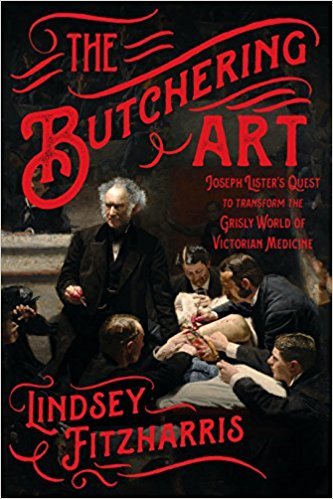Sarah Perry in the London Review of Books:
 In the small hours of a spring morning last year I asked for a hot-water bottle to be put on my calf: a ruptured disc was crushing my sciatic nerve, causing leg pain unappeased by opioids and benzodiazepines. I went back to sleep. When I woke up, I felt a damp substance on my leg, and when I wiped it off, I noticed a wet white rag was hanging from my fingertips. I thought little of it: pain was my sole preoccupation at the time, and there wasn’t any. Later that day, awaiting surgery, I was told the hot-water bottle had caused a burn clean through the epidermis, cauterising the nerves.
In the small hours of a spring morning last year I asked for a hot-water bottle to be put on my calf: a ruptured disc was crushing my sciatic nerve, causing leg pain unappeased by opioids and benzodiazepines. I went back to sleep. When I woke up, I felt a damp substance on my leg, and when I wiped it off, I noticed a wet white rag was hanging from my fingertips. I thought little of it: pain was my sole preoccupation at the time, and there wasn’t any. Later that day, awaiting surgery, I was told the hot-water bottle had caused a burn clean through the epidermis, cauterising the nerves.
The burn became a black disc so tough you could rap it like the cover of a leather-bound book; I fretted about scarring, but what concerned the doctors was the possibility of my acquiring one of the antibiotic-resistant strains of bacteria that plague hospital wards. Two weeks later – the necrotic flesh had receded to reveal body fat resembling butter softened in the microwave – a GP peeled the dressing off, lifted it to her nose, and recoiled at the unmistakeable smell of infection. Swabs were taken, but it was merely the Staphylococcus aureus bacterium, its name deriving from the Greek for ‘grape-cluster berry’, which it resembles. A course of antibiotics, frequent sluicings with saline, and all would be well.
In the days of Lister, Liston and Pasteur, such infections were thought to be an example of what was known as ‘hospitalism’, for the better prevention of which it was even proposed that all hospitals should be razed by fire and rebuilt every ten years or so.
More here.
